A plane has crashed at the Dubai Air Show, killing the pilot.
The Indian HAL Tejas, a combat plane used in the Indian Air Force, crashed at around 2.10pm local time (10.10am UK time) during a demonstration flight as a crowd of…
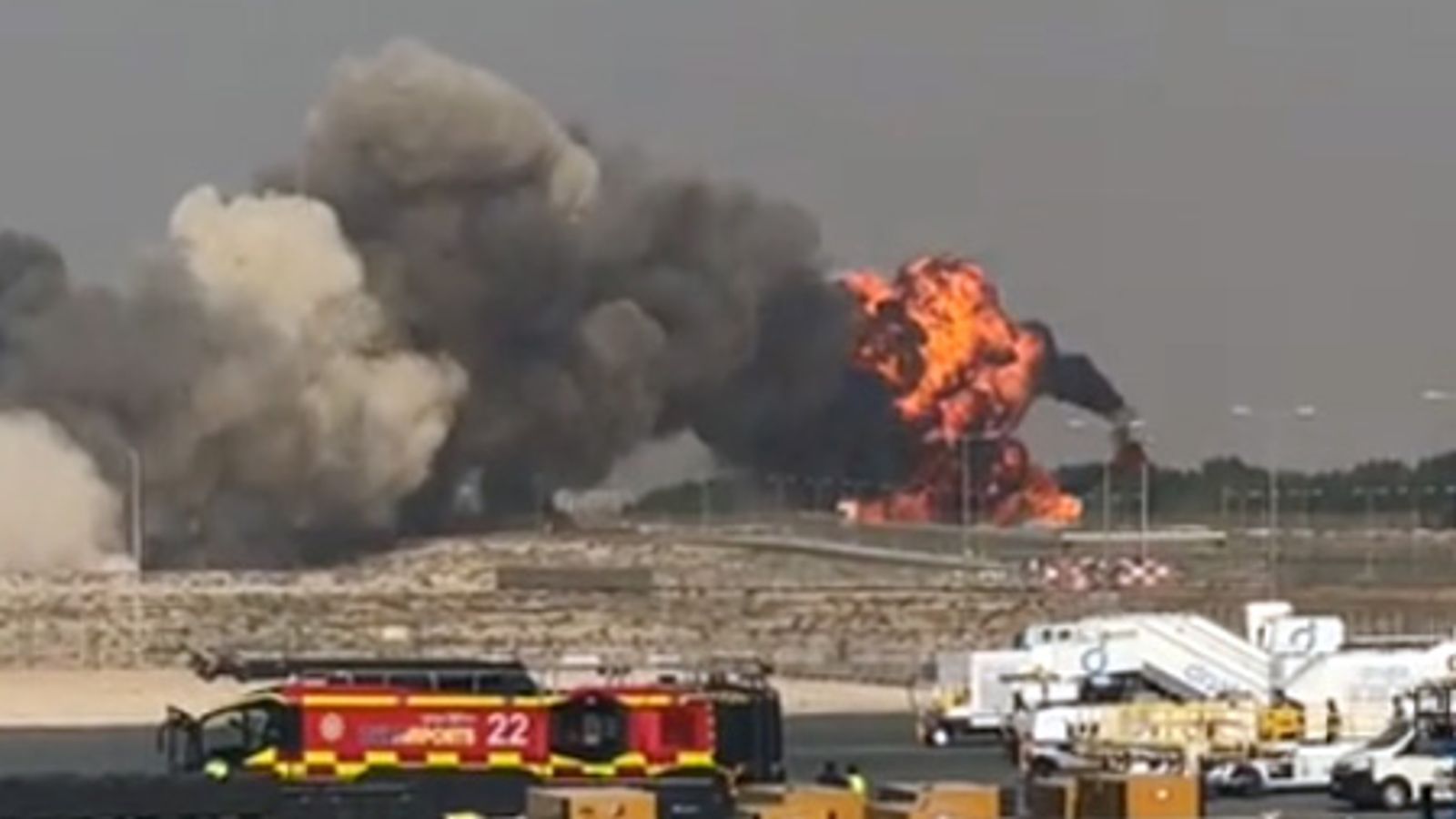
A plane has crashed at the Dubai Air Show, killing the pilot.
The Indian HAL Tejas, a combat plane used in the Indian Air Force, crashed at around 2.10pm local time (10.10am UK time) during a demonstration flight as a crowd of…
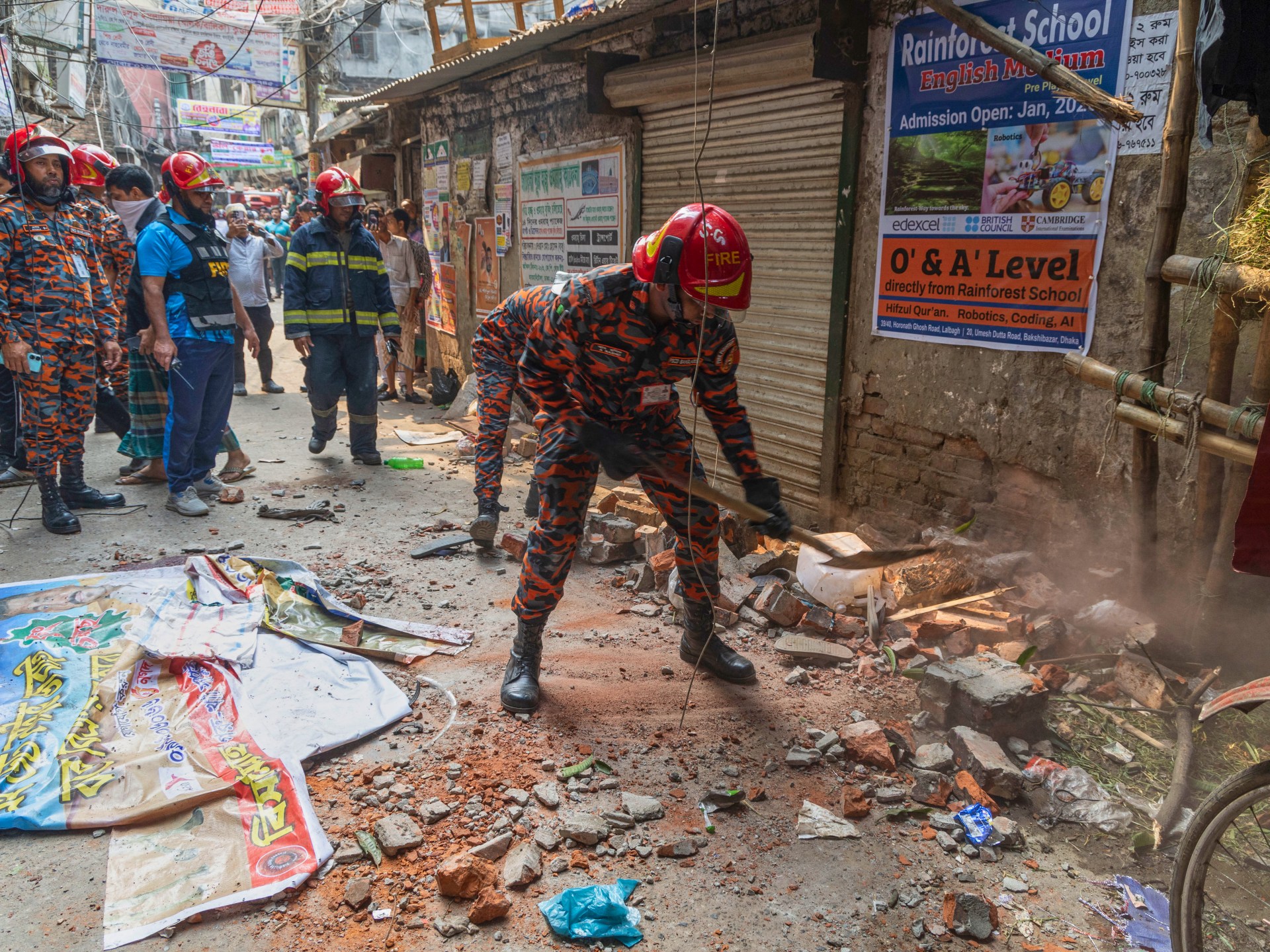
Around 100 more injured as buildings in the capital swayed in the earthquake, sending panicked residents into streets.
Published On 21 Nov 2025
A powerful earthquake has struck Bangladesh…
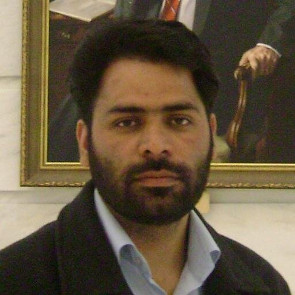
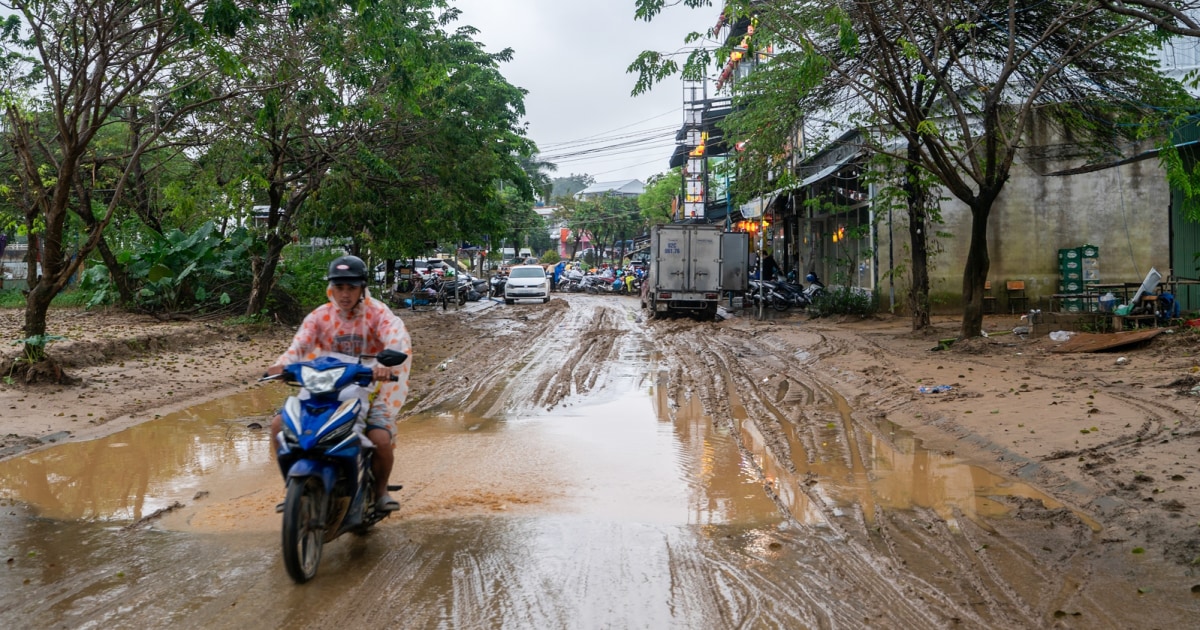
The death toll from a new barrage of torrential rain, flooding and landslides in central Vietnam since the weekend has risen to 41, state media reported on Thursday, with water levels rising further in already inundated towns and villages.
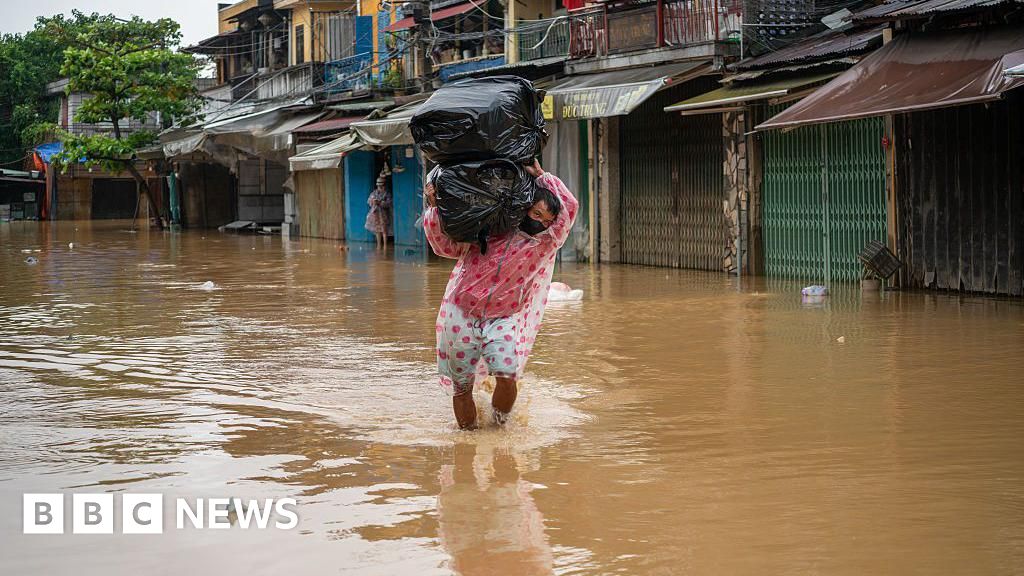
Relentless rains and floods have killed at least 41 people in central Vietnam since the weekend, while a search continues for nine still missing, state media reports.
The deluge has…
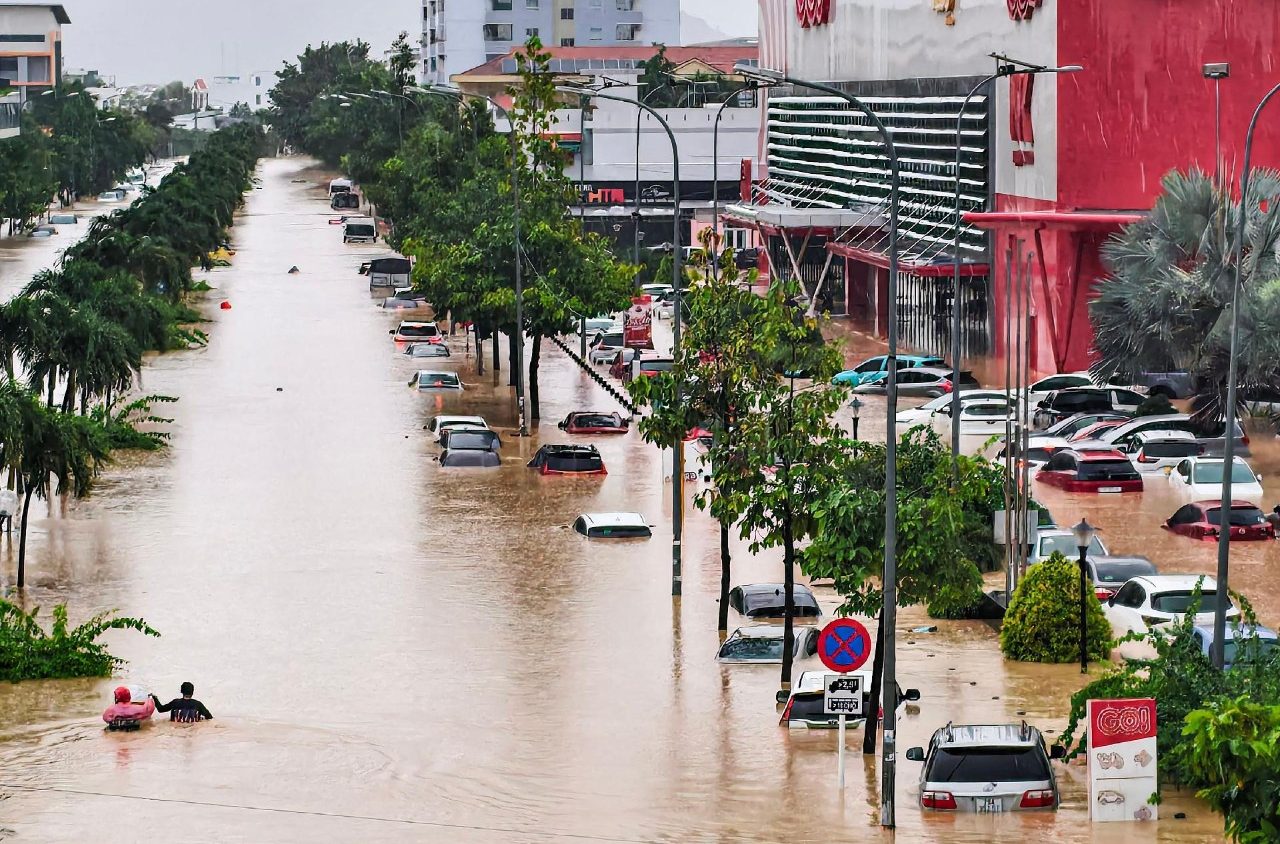
As the death toll from flooding in central Vietnam rises to 41, the Caritas outreach arm of the Diocese of Da Nang brings food and supplies to flood-hit communities.
By LiCAS News
Caritas Da Nang has pushed into some of the most…